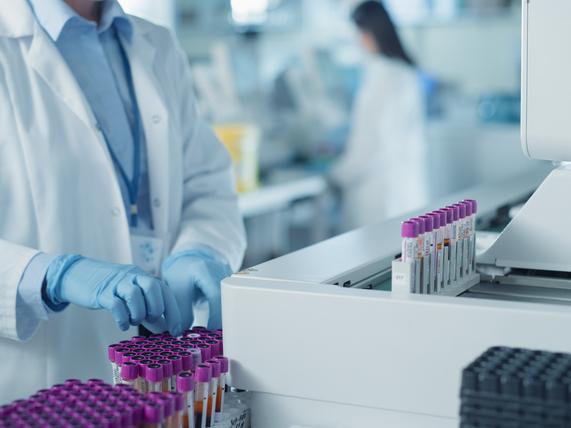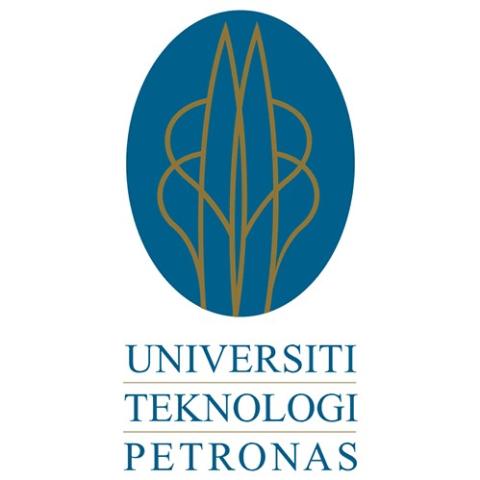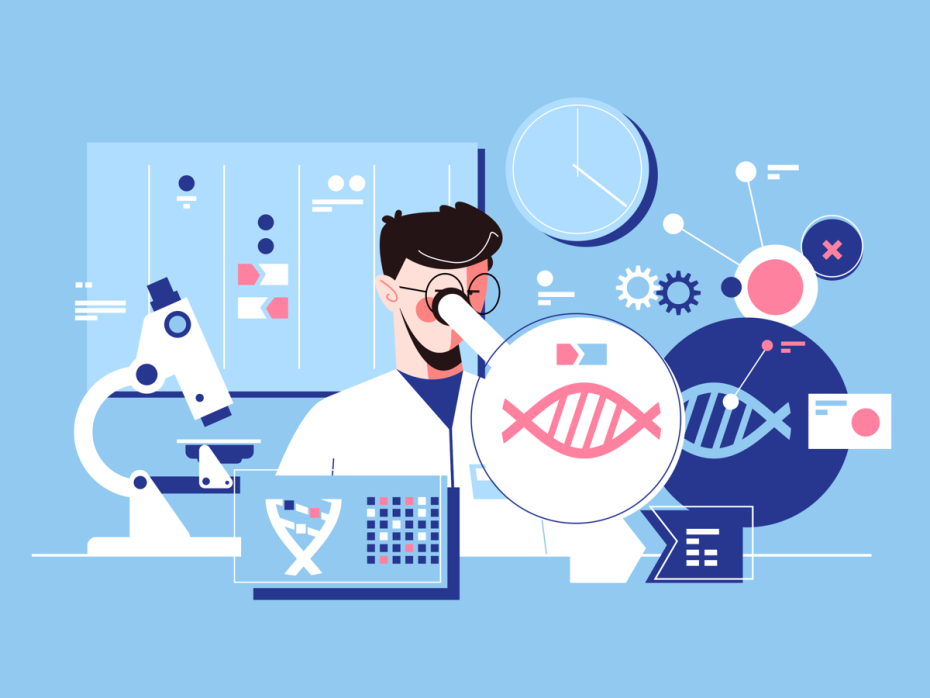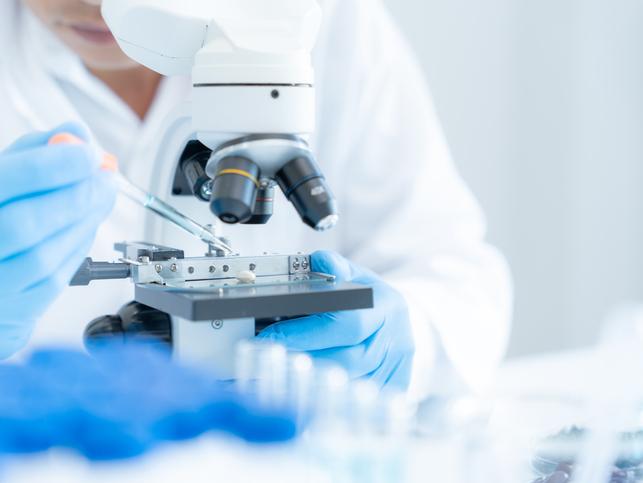
Four ways to shape the future of analytical labs now
You may also like
Analytical laboratories are stepping out of the background and into the spotlight. They are no longer just support facilities; they are becoming vital drivers of research and innovation, industry collaboration and talent development. But to remain relevant, labs must keep evolving – not only in tools and technology but also in mindset, strategy and purpose.
Our centralised analytical laboratory plays a key role in supporting both academic and industrial research, with 11 accredited tests under ISO/IEC 17025, the international standard for ensuring accuracy and reliability in laboratory testing, across mechanical, chemical and physical scopes, and three tests under ISO/IEC 17043, which certifies our ability to run proficiency testing with other labs. Together, these accreditations ensure results that are not only precise but trusted and comparable worldwide. They reflect more than technical competence; they represent a commitment to quality, transparency and trust.
- Run your lab more smoothly by centralising chemicals management
- Five ways to start leading research culture change
- An early career researcher’s guide to impact
But accreditation alone is not enough. The world is moving fast, and so must we. Here are four key areas shaping the future of analytical labs in higher education:
Smarter labs
Around the world, laboratories are beginning to harness artificial intelligence to transform the way they work. From predicting material behaviours to spotting anomalies in spectral data, AI is redefining accuracy and efficiency. For academic labs, this presents a powerful opportunity.
Imagine a lab where:
- Machine learning flags inconsistencies before they compromise results
- AI-assisted interpretation speeds up complex data analysis
- Instruments, databases and dashboards are fully integrated for real-time decision-making
We are still on that journey, but early steps can be taken through collaboration with data science colleagues, upskilling lab staff and investing in AI-ready infrastructure.
We are exploring avenues such as Power BI dashboards and data repositories, which could help consolidate lab performance, track KPIs and visualise trends for faster decision-making. These tools align with lean management practices and support data-driven planning. It is not about chasing trends – it is about staying relevant in a world where data moves faster than ever.
Greener labs
We often talk about sustainability in the context of energy or infrastructure, but analytical testing can have an environmental footprint, and higher education labs have a responsibility to lead by example. Solvents, reagents and sample waste all add up. That is where the principles of green analytical chemistry come in.
This includes:
- Switching to eco-friendly solvents
- Using miniaturised test methods
- Promoting non-destructive techniques such as XRF and FTIR
- Regular audits of test workflows to identify opportunities for waste reduction.
Academic labs are ideally positioned to embed these practices and lead by example. Whether it is conducting environmental audits of testing workflows or teaching students how to think sustainably in science, the impact can go far beyond the lab walls, instilling environmental awareness that goes beyond the bench.
Lean labs
Accreditations such as ISO/IEC 17025 and 17043 offer structure and credibility. They ensure we meet global standards for accuracy, traceability and technical competence, but the real differentiator is what happens behind the certificates – the culture and systems that support compliance.
What sets a lab apart is how we treat data, how we manage risk and how we keep our teams sharp and accountable. We have implemented a laboratory information management system called Ulab, which manages sample tracking, data integrity and reporting workflows. It enables full traceability of samples, keeps us ready for audits at any time and helps shorten the time it takes to deliver accurate results to clients.
We are also moving towards uploading test reports into a secure repository called UShare, allowing for secure, digital access and improved version control. When combined with automated reporting dashboards, this ecosystem supports a more agile and transparent laboratory operation.
It is about embedding values such as data integrity, transparency and continuous improvement into daily lab culture. Standards provide the foundation and culture delivers the strength.
Labs as platforms
The lab of the future is more than a facility – it is a platform. It is a space where ideas are validated, where students gain first-hand experience, and where solutions to real-world problems begin – a place where knowledge is generated, talent is nurtured and partnerships are forged. It is a training ground for future scientists, a service provider for industries and a hub for innovation.
We have seen this in our lab: students gaining real-world testing exposure, researchers solving complex problems with state-of-the-art tools and industries depending on us for high-impact data. But to stay ahead, we must evolve with purpose.
That means:
- Embracing smart technologies such as AI and digital integration
- Committing to sustainable and green practices
- Embedding a culture of integrity, agility and continuous improvement
- Aligning every effort with future-ready, lean strategies
Smarter, greener, leaner and more connected
The future of analytical labs is not just about faster results or better instruments. It is about building labs that are smarter, greener, leaner and more connected than ever before.
By embracing innovation, sustainability and lean management, higher education labs can amplify their impact, not only within academia, but also across industries and communities. In doing so, universities can demonstrate true global leadership in how science is practised, taught and shared.
Imtias Amir Bahauddin is laboratory manager at Universiti Teknologi Petronas.
If you would like advice and insight from academics and university staff delivered direct to your inbox each week, sign up for the Campus newsletter.




